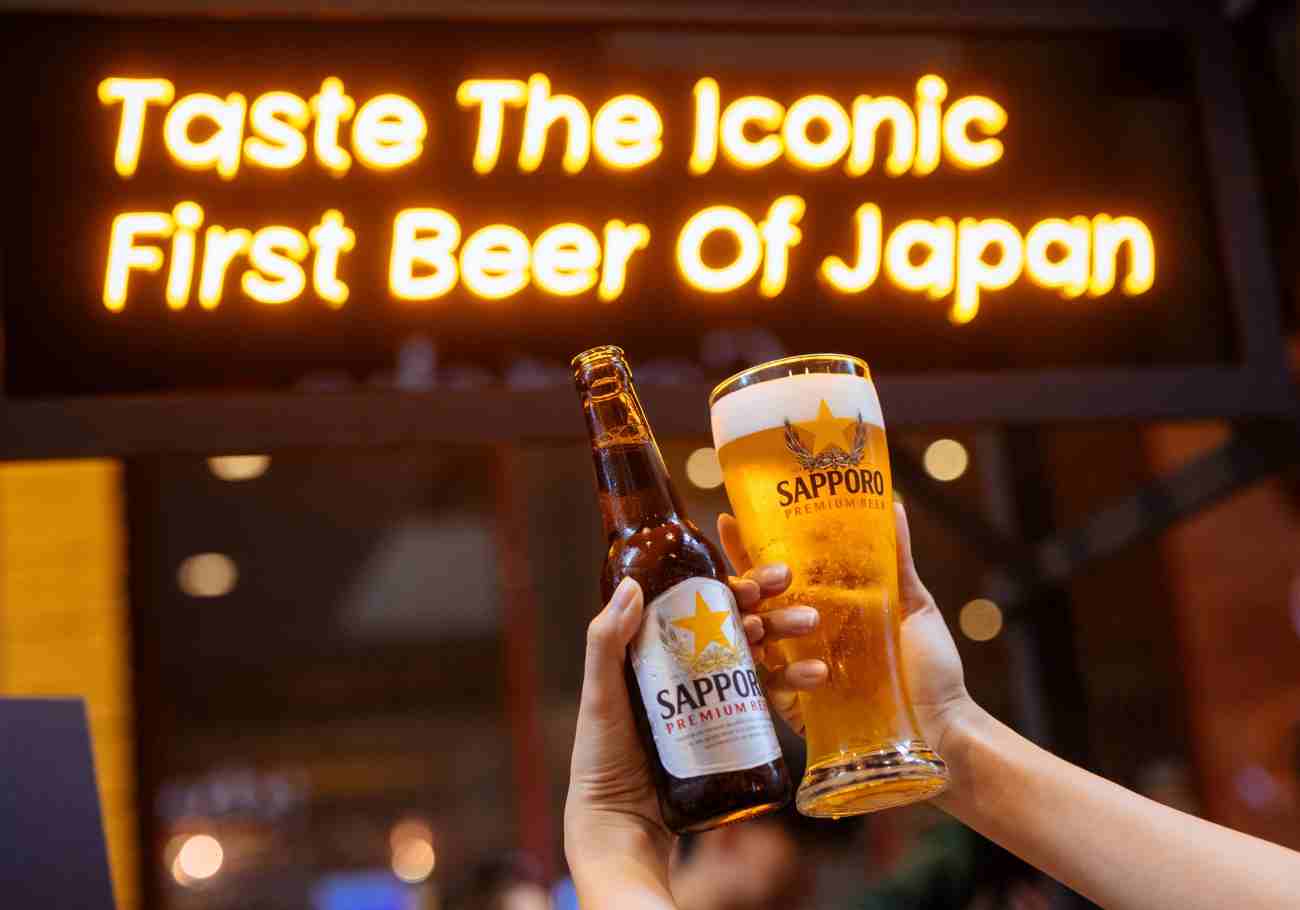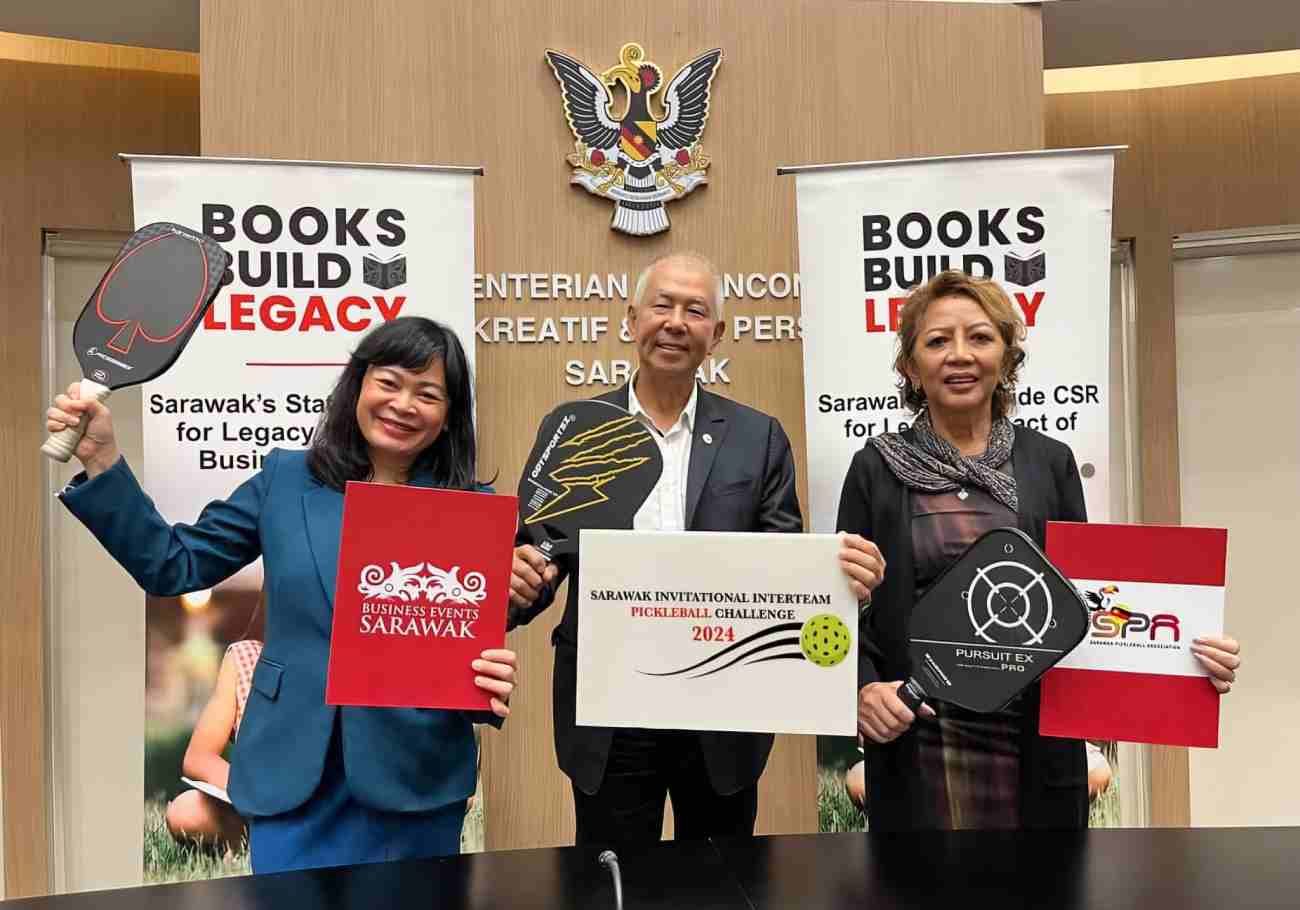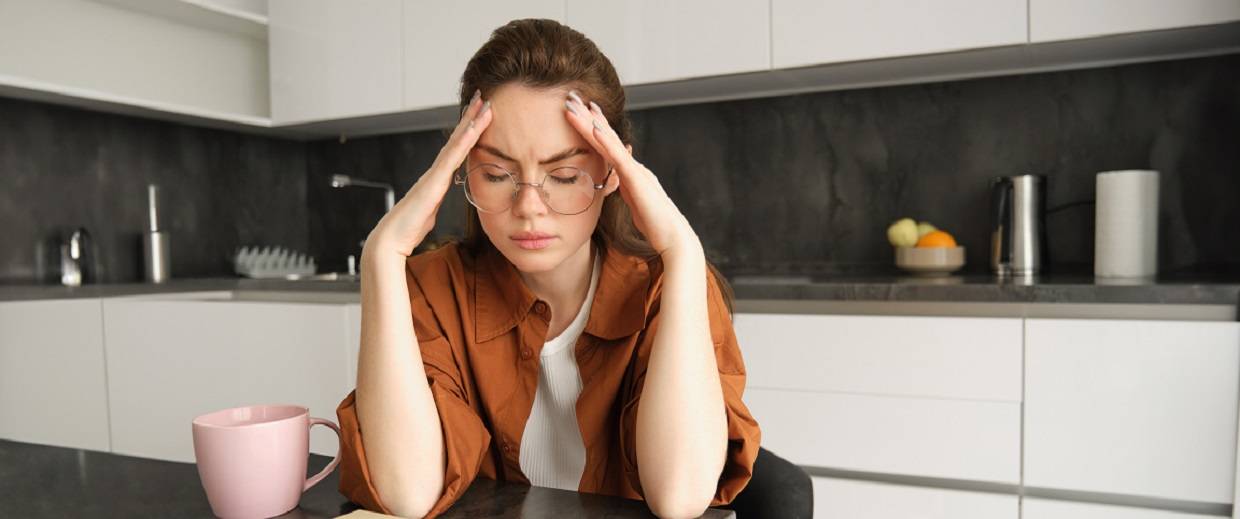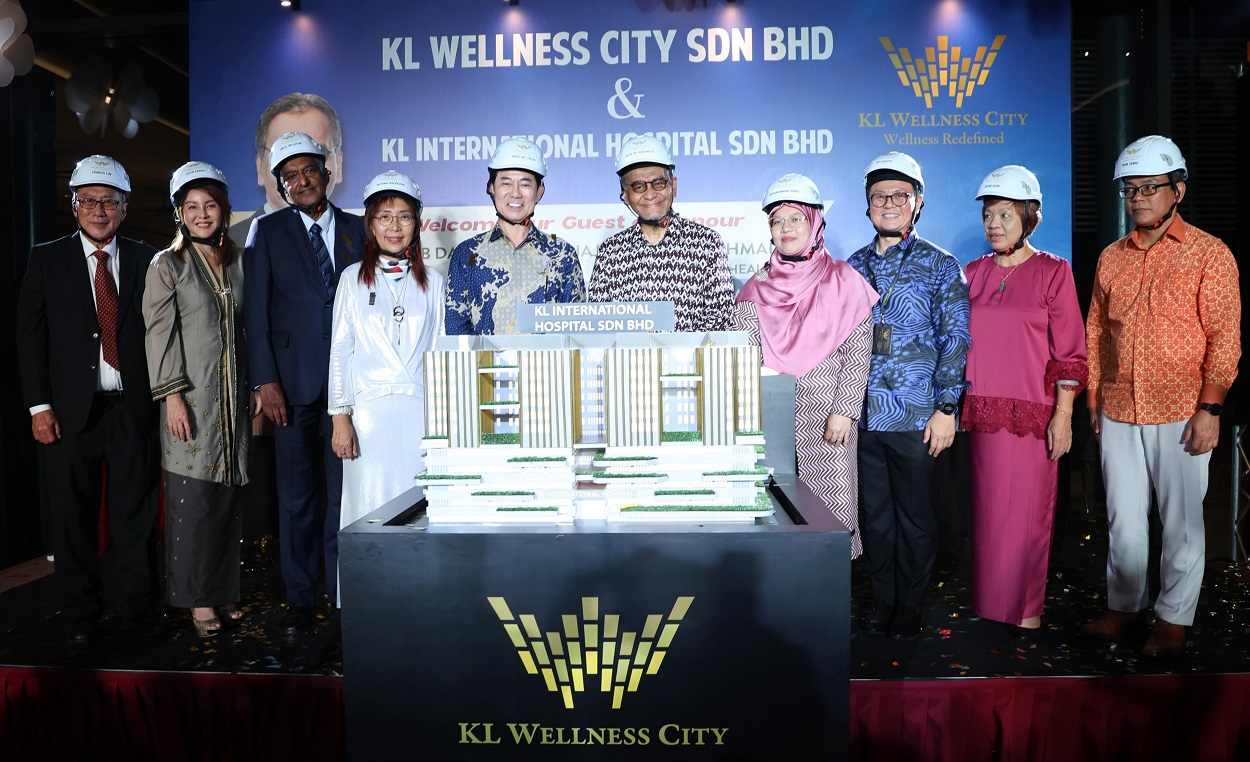by Ng Jing Yng
Mr Heng said the Government will do its part to ensure no child is left behind by investing heavily in education and maintaining the structure of Singapore’s education system.
Noting that Singaporeans’ enrolment is capped in the three private schools – Hwa Chong International, ACS (International) and St Joseph’s Institution International – Mr Heng said: “We don’t have this divide where the good schools are private and the not-so-good schools are public schools.”
“The teachers generally in all our schools are very good teachers, the facilities are all fairly good across all schools, (and there is) a range of scholarships and financial assistance schemes,” he added.
Moreover, the process of admission into schools is an meritocratic one, and not based on personal connections or making big donations to the school – making it another social leveller for Singaporeans, said Mr Heng.
But he acknowledged there will always be differentiation between so-called elite and non-elite schools, egged on by a “virtuous cycle” when word gets around that a particular school is a good school.
An old boy from Raffles Institution himself, he said: “The fact (is) that Raffles produces more students that go on to win top honours and I am sure Raffles would want to retain that tradition … but what is important for us is that Raffles is not the only school that does that.”
Asked about the affiliation policy many schools have – where students from an affiliated school are given priority in admission – Mr Heng said that a “good balance” is needed between strictly admitting students based on results and promoting a spirit of community cohesion, and added that these schools have opened up over the years to admit more students.
He also cited the importance of having strong alumni to create a sense of ownership and the contributions alumnus can bring, including expertise and capacity building.
Mr Heng also emphasised the critical role of parents, alongside that of schools, in preparing students for the future.
“Parents have a decisive influence and it is what parents emphasise that will shape the character of the children,” he said.
Schools must keep engaging parents, he said, highlighting complaints by some parents about the PSLE maths exams over the years. The complaints reflect the need to keep parents up-to-date on changes in the school curriculum, he said.
While he is heartened by the priority Singaporean parents give to education, he feels that they ought to be judicious in sending their children for enrichment classes.
Citing a recent Today report, Mr Heng noted that parents are sending children for enrichment classes outside of their academic needs, but that children should have enough time for play and a more “balanced education”.
“What can MOE do about that? I say, not much … parents are in the best position to decide,” he quipped.
– Today Online










